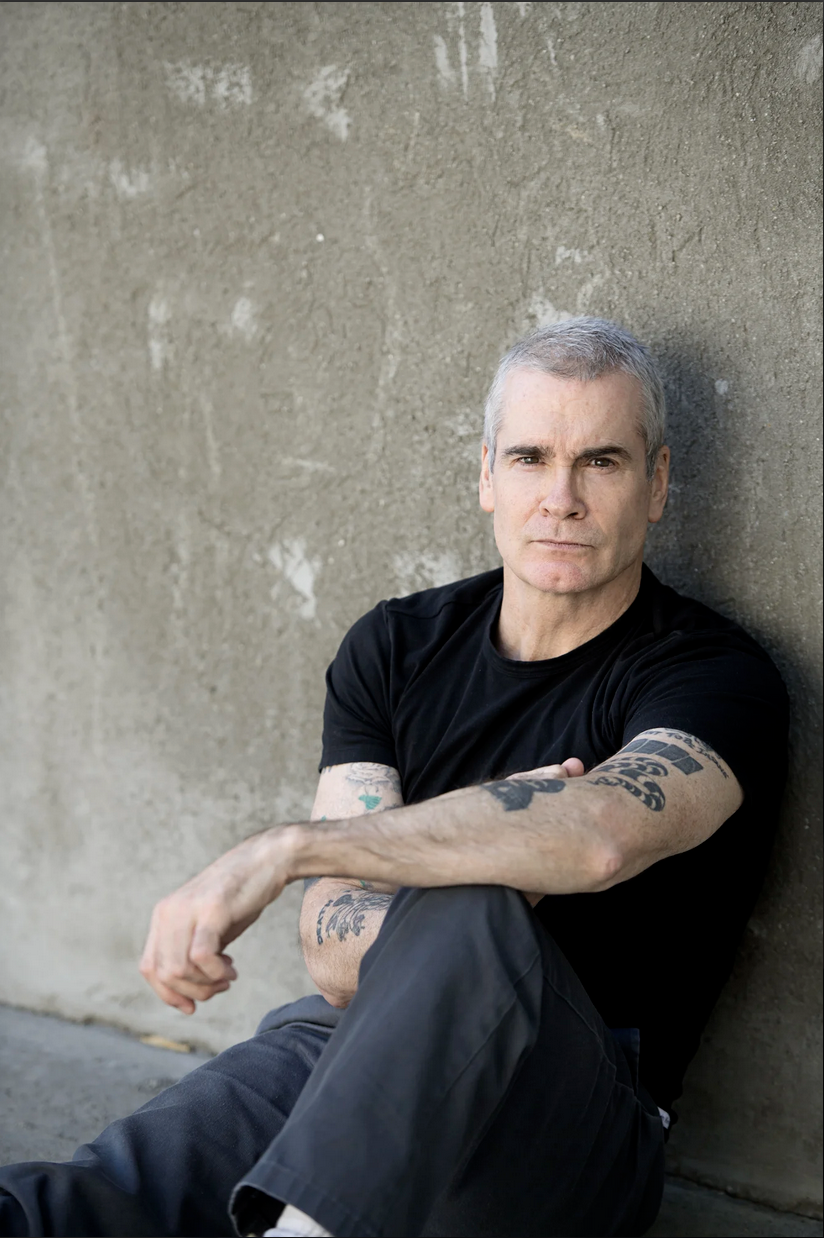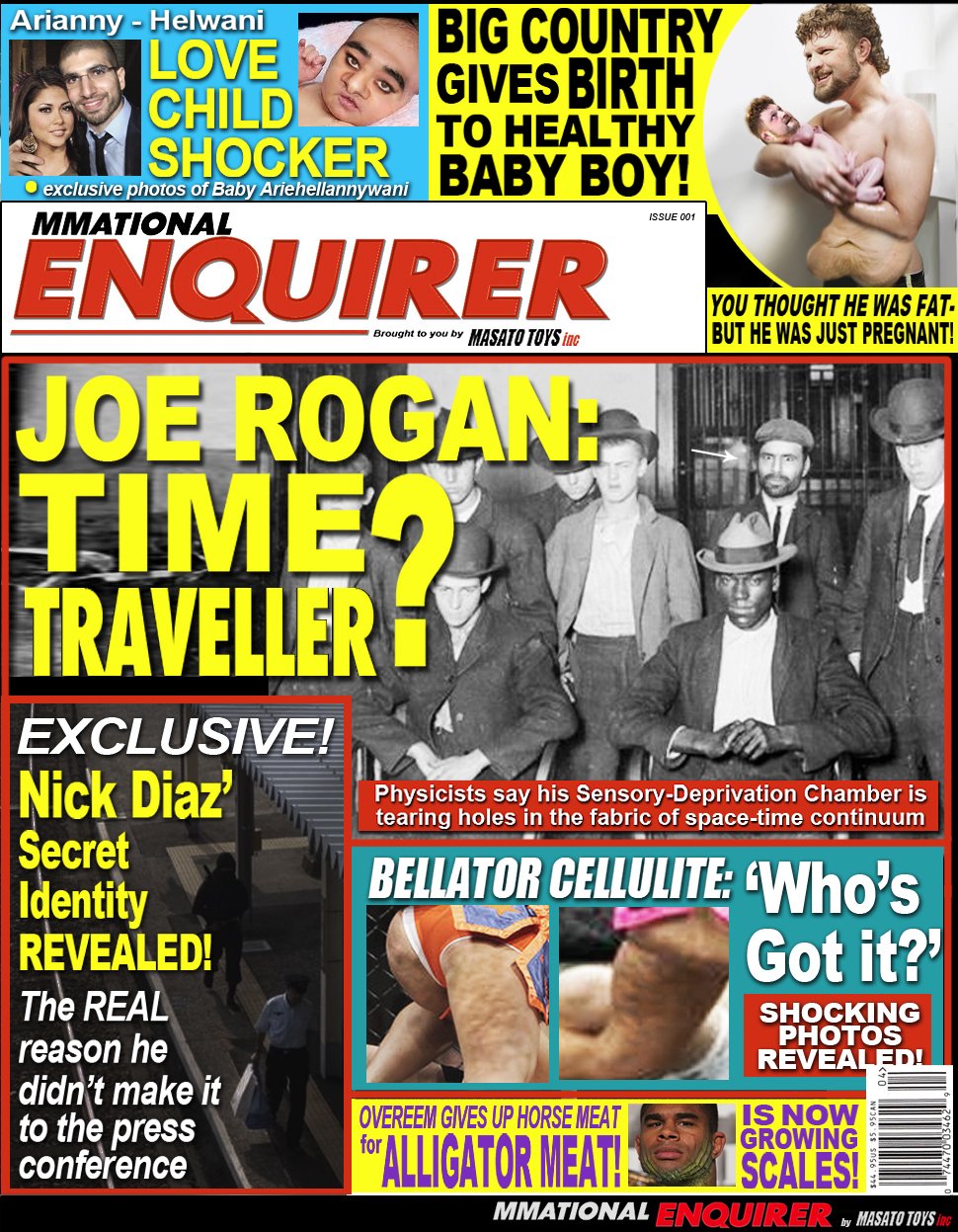I love In Flames. I stuck by them as greasy haired metalheads decried their "nu" influences. I think they were, and still are, one of the Gothenburg greats. At The Gates, Dark Tranquillity, In Flames. Don't ask me to put one of their heads on the guillotine. I fucking won't.
But I think I hate this new record. A lot.
Per fucking che? Initially, Siren Charms is set upon by a dark fog of misplaced identity. Are they metal? Are they adult contemporary something-or-rather? What is this phantasmagoria?
At times, Anders sounds like a cat who's tail's just been stepped on. There's a bit of that chest puffery unsheathing their twin melodies and what have you, barely scraping over metal's red line.

On the main, they've been listening to too much Philly C era Genesis and Depeche Mode. Its as if they rushed to record before their synapses cooled off. Even so, I couldn't believe when my beloved Angry Metal Guy gave it 1.5/5.
AMG and his crew, to their credit, are the most trustworthy horde of reviewers (I think that's the collective noun for metal scribes) on these deep dark Internets. They give the European and American scenes a fair shake. Their articles don't require a Masters degree in English to understand. It's intelligent, honest and insightful stuff. 99% of the time, they're bang-fucking-on.
So why did I balk reading the review? Probably because I bought the album. Yeah. I actually shelled out money for it. Before I even heard it.
I fought so damn hard NOT to listen to a pre-release promo ahead of my Peter Iwers interview (which you'll read in Hysteria Mag in the near future.) I succumbed to defeat. Upon first listen, it had potential for its hooks to slowly dig under my skin. As time went on, the hooks never came. I only grew out of it.
Suddenly it hit me. Driving up a straight road, no cars in sight and at the speed limit, this album wasn't making the trip any more enjoyable. It was flat like the endless bitumen I rolled over.
The asshole metalhead in me wants to declare them D.O.A. The rational rock fan ponders if I'm being a "dude or a dick." They're the live band I want to see every time they come to town, and I'll even pay a sky-high Trivium tax to stand front and centre. Can you judge a band by their shitty albums? If they release shit like a monkey on laxatives, sure. If a band puts out ONE album considered a genre classic, they're likely standing with the top 1% of bands ever. If a band can manage TWO or THREE? Your argument is invalid. Do not pass Go, do not collect $200.
Hate the game and not the player; hate the album not the band. I don't need a crew lashing me to a mainsail to resist this record. But god damn I'll tear those binds free to see them play it.


